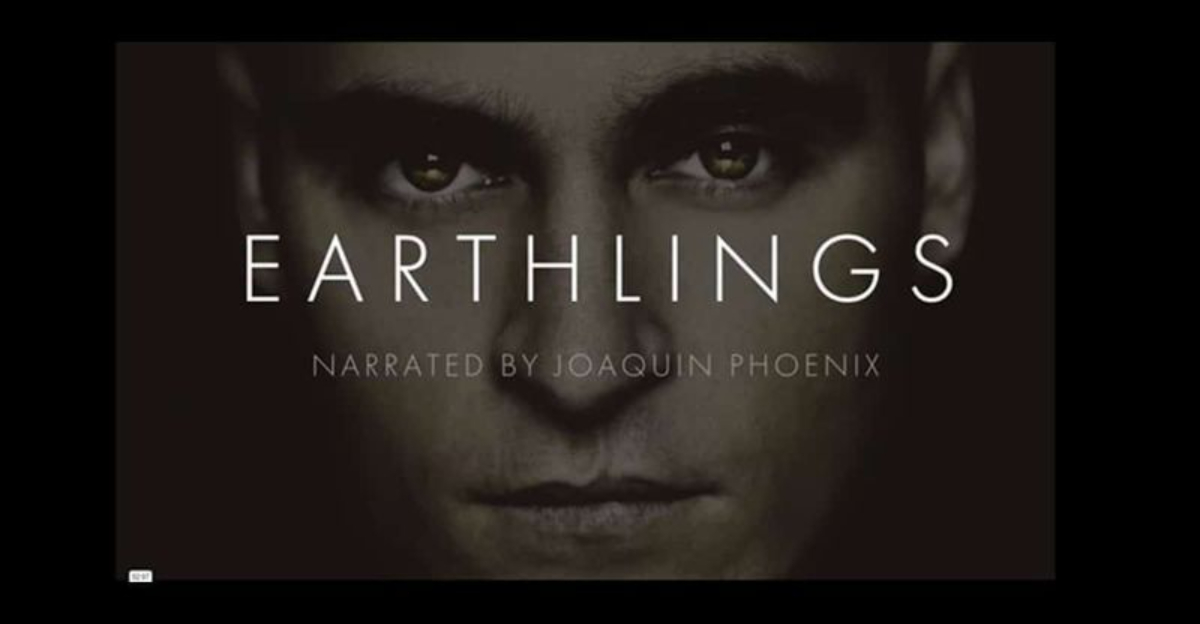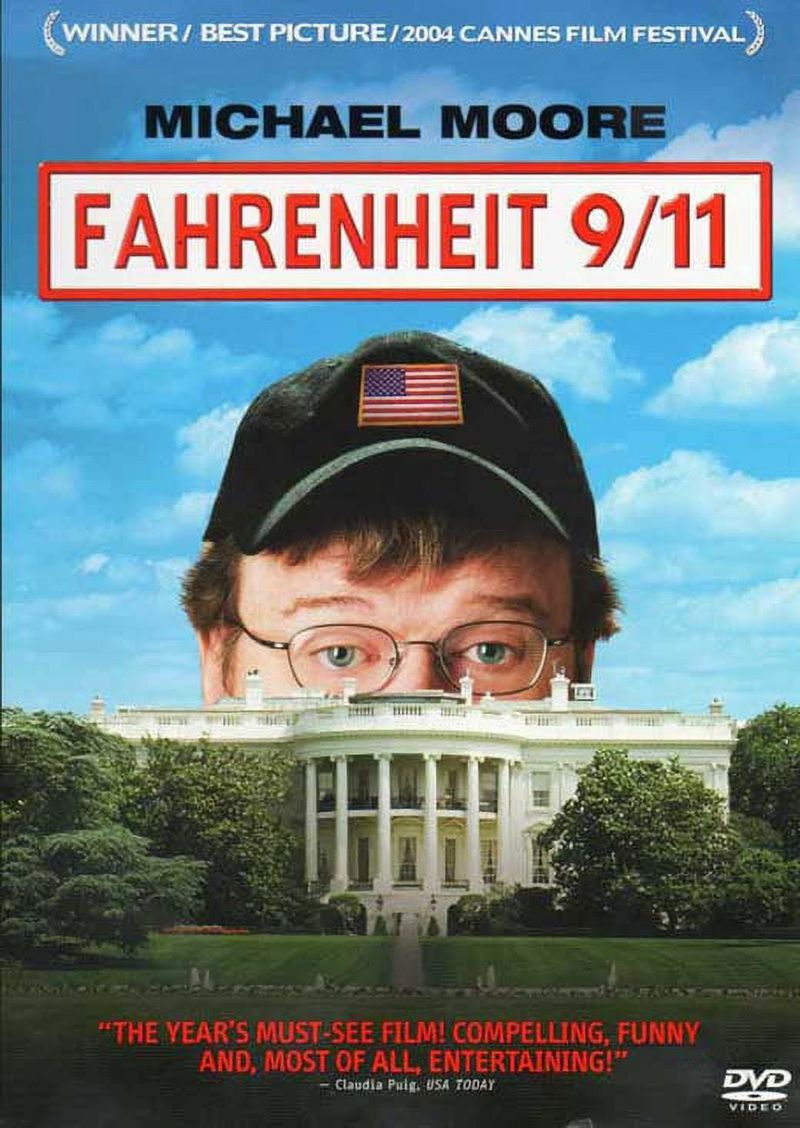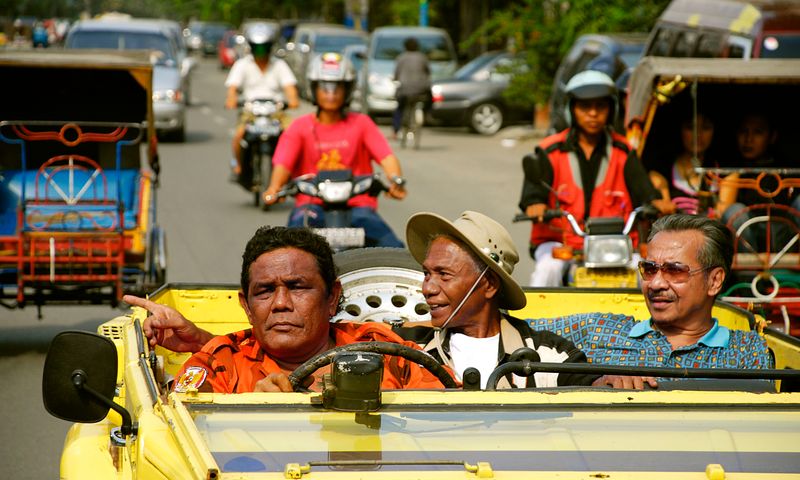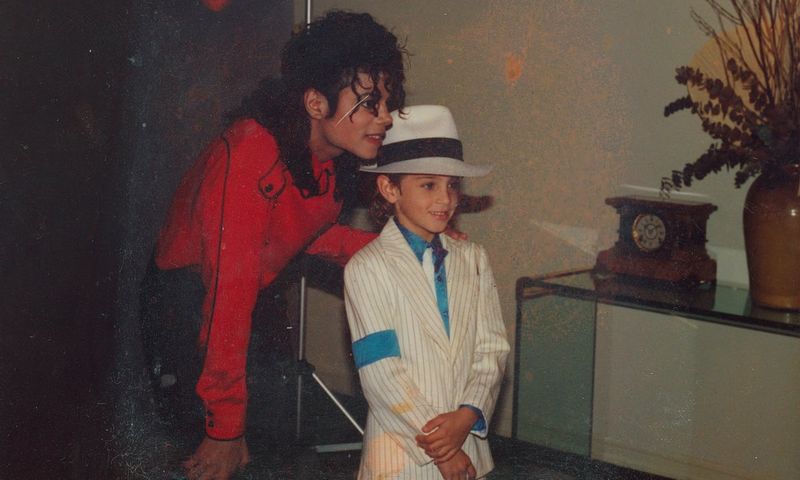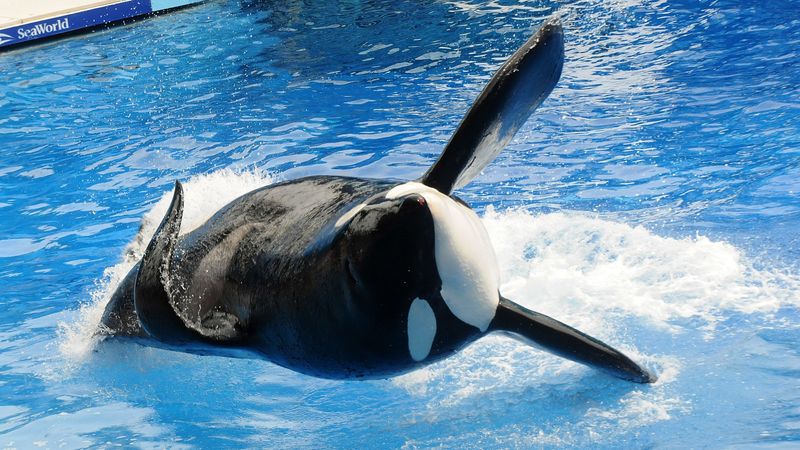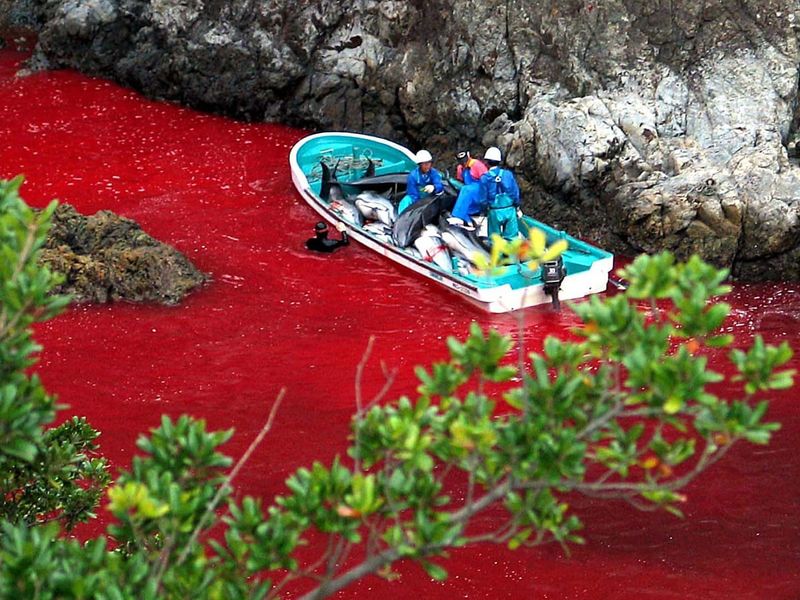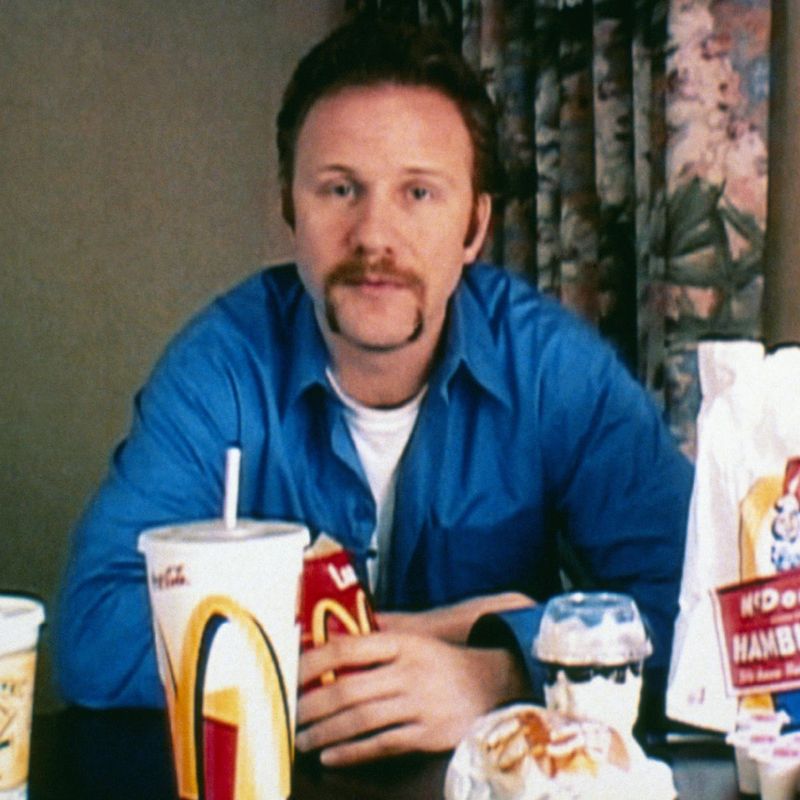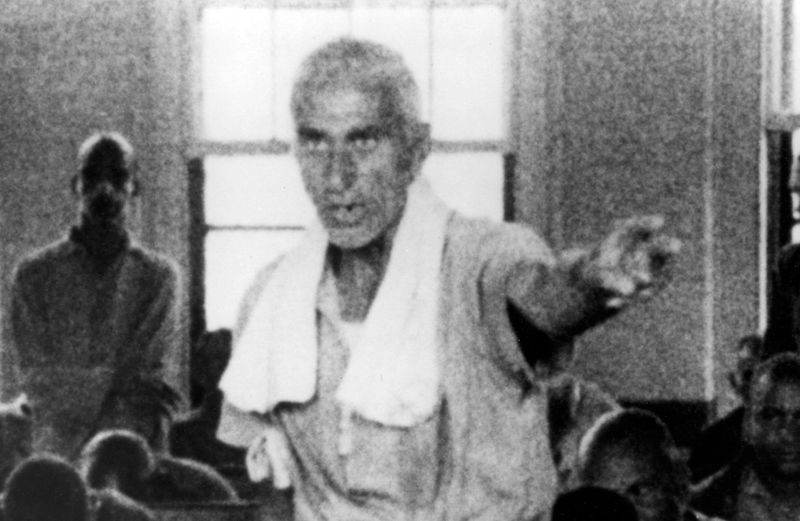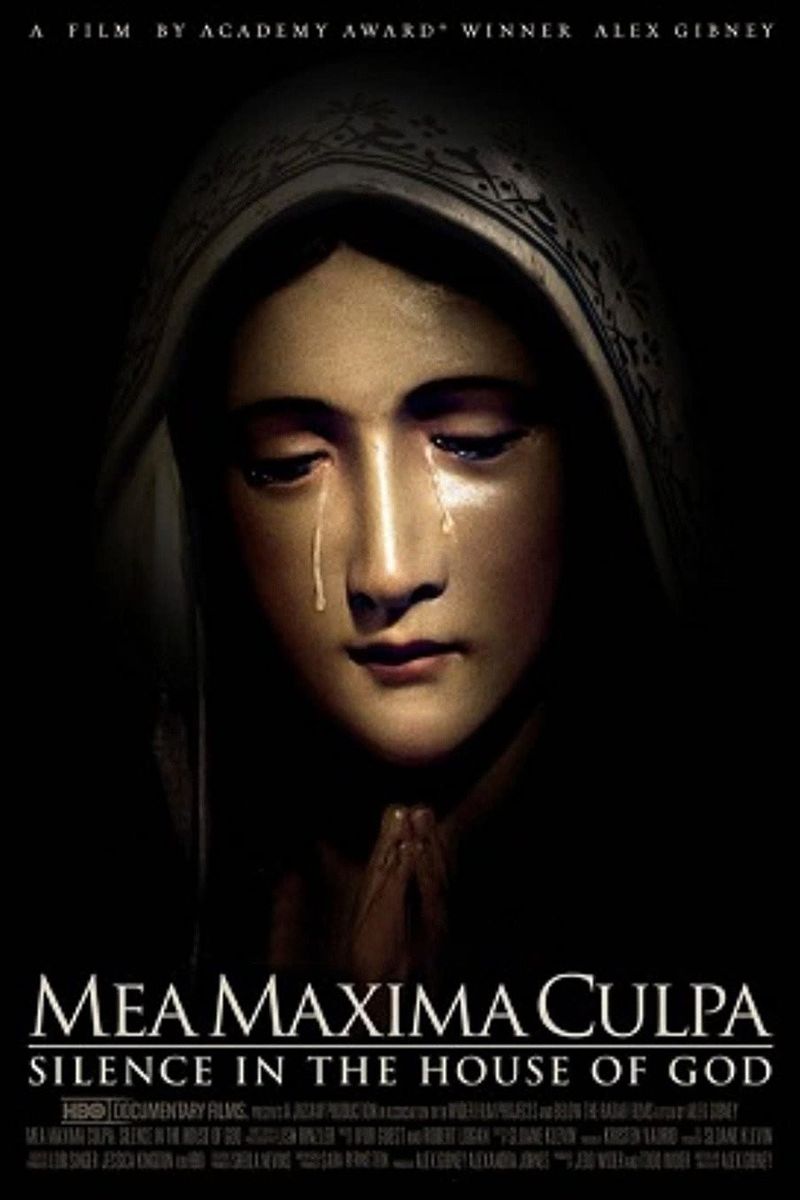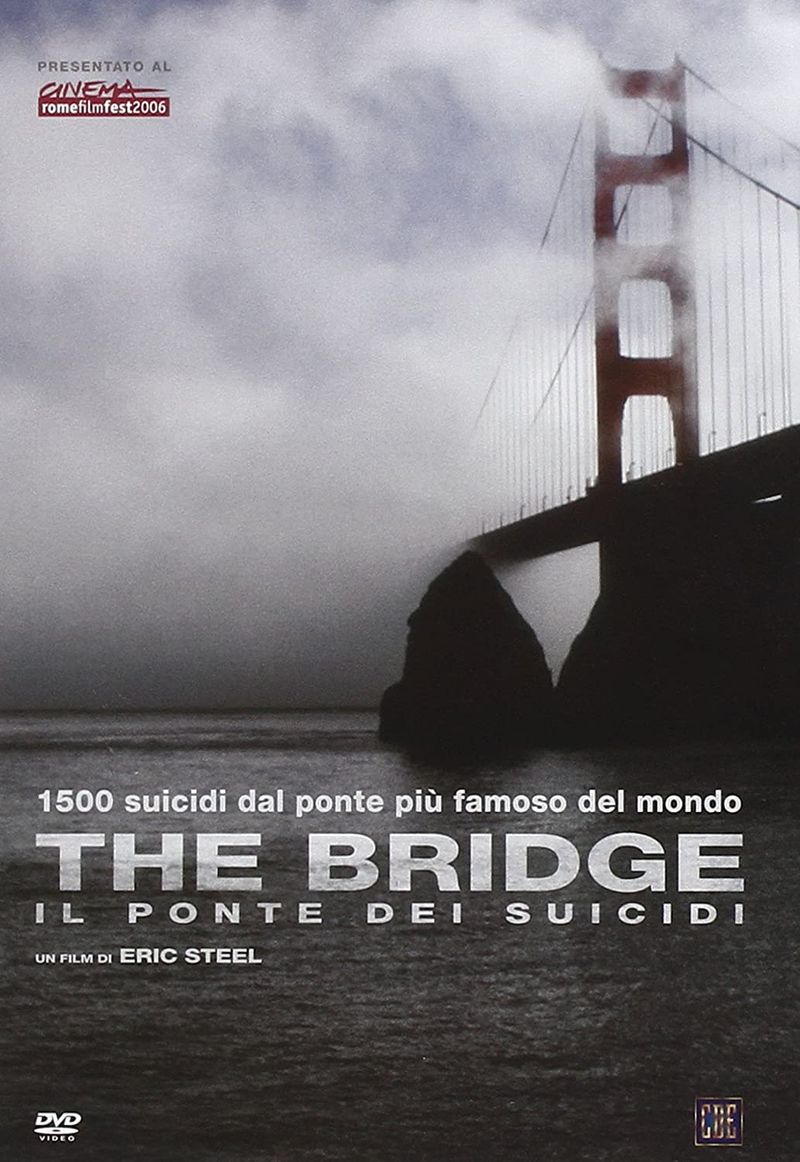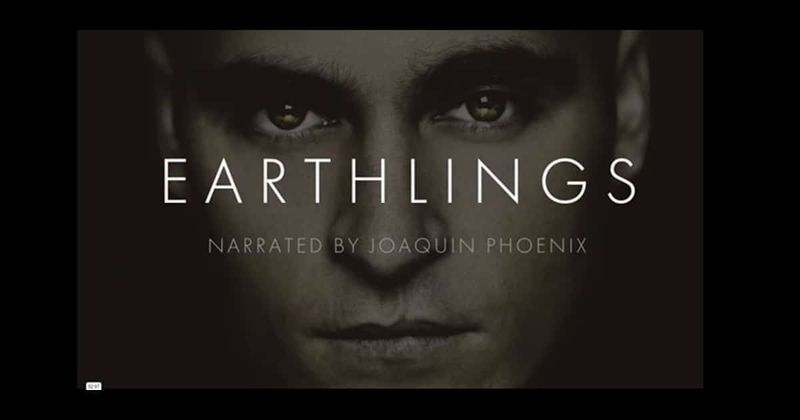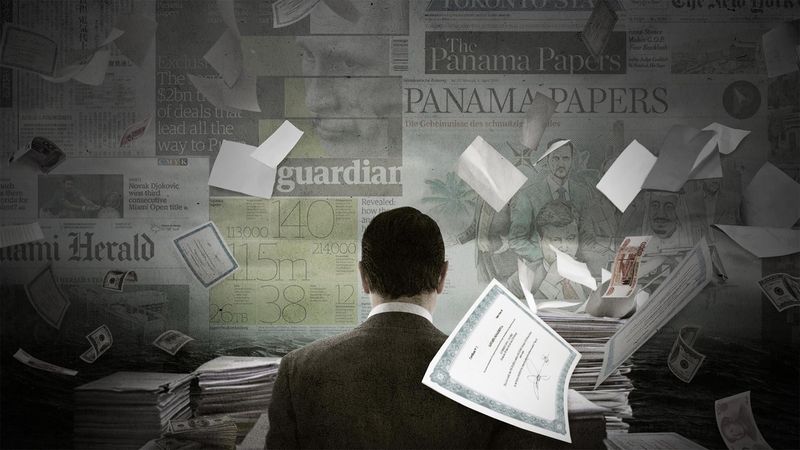Documentary films have the power to challenge our beliefs, expose hidden truths, and spark heated debates. Some documentaries push boundaries so far they become cultural flashpoints, dividing audiences and critics alike.
These films don’t just document reality—they question it, sometimes using methods that raise ethical concerns.
The following twelve documentaries created storms of controversy that extended far beyond the screen.
1. Fahrenheit 9/11 (2004)
Michael Moore’s political bombshell became the highest-grossing documentary ever at its release. The film’s unflinching criticism of President Bush’s response to the September 11 attacks and the subsequent Iraq War ignited fierce debates across America. Conservative critics accused Moore of manipulating facts and timeline sequences to serve his anti-Bush agenda. Meanwhile, supporters praised its courage in questioning post-9/11 policies when patriotic fervor made criticism taboo. The documentary’s Palme d’Or win at Cannes further inflamed its controversial status, with some seeing it as foreign validation of anti-American sentiments during wartime.
2. The Act of Killing (2012)
Former Indonesian death squad leaders gleefully reenact their mass killings as Hollywood-style movie scenes in this deeply disturbing film. Director Joshua Oppenheimer’s unprecedented approach allows perpetrators to create twisted tributes to their own atrocities committed during Indonesia’s 1965-66 anti-communist purge. The documentary’s moral complexity stunned viewers worldwide. Critics questioned whether giving killers creative license to dramatize murders crossed ethical boundaries. Despite—or perhaps because of—its controversial approach, the film forced Indonesia to confront its bloody past after decades of silence. Many perpetrators still hold positions of power today, making the film both revolutionary and dangerous.
3. Leaving Neverland (2019)
HBO’s four-hour documentary delivered devastating accounts from Wade Robson and James Safechuck, who claim Michael Jackson sexually abused them as children. Their graphic, parallel stories of grooming and manipulation shattered many fans’ perception of the pop icon. Jackson’s estate immediately filed a $100 million lawsuit against HBO, calling the film a “public lynching” of a man who couldn’t defend himself. Radio stations worldwide pulled Jackson’s music while passionate fans organized protests outside HBO offices. The documentary reignited complex conversations about separating art from artists and whether posthumous accusations deserve the same scrutiny as those made during someone’s lifetime.
4. Blackfish (2013)
Tilikum, a 12,000-pound orca involved in three human deaths, became the centerpiece of this groundbreaking exposé on SeaWorld’s captivity practices. Director Gabriela Cowperthwaite assembled former trainers whose behind-the-scenes revelations contradicted the marine park’s family-friendly image. SeaWorld launched an aggressive campaign to discredit the film, creating websites and videos challenging its claims. The documentary’s impact was undeniable—attendance plummeted, stock prices crashed, and the “Blackfish Effect” forced SeaWorld to end its orca breeding program. Animal rights activists celebrated while critics argued the film emotionally manipulated viewers with anthropomorphized portrayals of killer whales.
5. The Cove (2009)
Using hidden cameras disguised as rocks and thermal night-vision equipment, filmmakers infiltrated a secluded cove in Taiji, Japan, to expose its annual dolphin slaughter. The resulting footage—showing waters turning crimson with blood—shocked global audiences and won an Oscar. Japanese officials condemned the film as cultural imperialism, claiming Western activists misunderstood their traditions. The filmmakers received death threats, while local fishermen defended their livelihood against what they saw as foreign interference. Beyond its graphic content, the documentary sparked debates about covert filming ethics and whether activists should impose their values across cultural boundaries.
6. Super Size Me (2004)
Morgan Spurlock’s month-long McDonald’s binge captured America’s attention as his health rapidly deteriorated on camera. His liver values skyrocketed, his cholesterol spiked, and he gained nearly 25 pounds—all while physicians monitored his shocking decline. McDonald’s initially dismissed the film as a publicity stunt, but soon eliminated their Super Size option and introduced healthier menu items. Years later, controversy reignited when Spurlock admitted to alcoholism during filming, raising questions about whether his liver damage stemmed from drinking rather than fast food. The documentary remains influential despite these revelations, having fundamentally changed how consumers view fast food corporations.
7. Jesus Camp (2006)
Children speaking in tongues, weeping during prayers, and blessing a cardboard cutout of President Bush stunned viewers of this unflinching look inside an evangelical children’s camp. The documentary’s fly-on-the-wall approach captured Pastor Becky Fischer training elementary schoolers to become “Christian soldiers” in what she described as spiritual warfare. Religious conservatives accused filmmakers of cherry-picking extreme moments to portray evangelicals as fanatics. Liberal viewers expressed concern over what they perceived as child indoctrination bordering on abuse. The controversy grew so intense that the camp featured in the film permanently closed after vandalism threats, despite Fischer maintaining she was proud of the documentary’s portrayal.
8. Titicut Follies (1967)
Frederick Wiseman’s harrowing exposé of Bridgewater State Hospital for the criminally insane became the first American film banned for reasons other than obscenity or national security. Massachusetts courts prohibited public screenings for 24 years, claiming the film violated patients’ privacy—though many suspected the real motive was hiding institutional abuses. Unblinking cameras captured naked, mentally ill inmates force-fed through nostrils, taunted by guards, and kept in filthy isolation cells. The film’s title comes from a disturbing talent show performed by patients and staff. When finally released in 1991, Titicut Follies was recognized as a landmark documentary that forever changed mental health care by exposing abuses previously hidden from public view.
9. Mea Maxima Culpa: Silence in the House of God (2012)
Alex Gibney’s unflinching investigation begins with brave deaf men who were molested as children at a Milwaukee Catholic school. Using sign language interpreters voiced by famous actors, these survivors tell how they fought to expose their abuser, Father Lawrence Murphy. The documentary’s most explosive revelation traces the cover-up directly to Vatican officials, including future Pope Benedict XVI. Catholic organizations condemned the film as anti-Church propaganda, while abuse survivors praised its meticulous documentation of systematic protection of predator priests. The film’s title—a Latin phrase meaning “through my most grievous fault”—ironically references words from Catholic confession that the Church hierarchy seemed unwilling to speak regarding its own sins.
10. The Bridge (2006)
For one year, director Eric Steel positioned cameras around San Francisco’s Golden Gate Bridge to capture suicide jumpers in real time. His crew documented 23 of the 24 suicides that occurred during filming, while simultaneously conducting interviews with victims’ families who were initially unaware of the project’s true nature. Mental health professionals condemned the film as potentially triggering for vulnerable viewers. Ethicists questioned why filmmakers observed suicides rather than intervening, though the crew did alert authorities to several attempts. Defenders argue the documentary broke the silence surrounding suicide and eventually contributed to the installation of prevention barriers on the bridge, potentially saving countless lives.
11. Earthlings (2005)
Joaquin Phoenix’s calm narration contrasts with some of the most graphic animal cruelty footage ever assembled in this unflinching look at humanity’s exploitation of animals. Using hidden cameras and undercover footage, director Shaun Monson exposes horrific practices in factory farms, slaughterhouses, and entertainment facilities. Animal agriculture industries denounced the film as misleading propaganda filled with isolated incidents. Activists embraced it as the documentary that converted more people to veganism than any other, with Phoenix himself stating, “Of all the films I have ever made, this is the one that gets people talking the most.” Many viewers report being unable to finish watching its brutal 95 minutes.
12. The Panama Papers (2018)
When 11.5 million leaked documents exposed how the world’s wealthy hide their money, filmmaker Alex Winter captured both the scandal and its deadly aftermath. The documentary follows journalists who risked their lives analyzing the massive data leak, including Maltese reporter Daphne Caruana Galizia, who was killed by a car bomb after publishing her findings. Political figures implicated in the papers—including Vladimir Putin and former UK Prime Minister David Cameron—dismissed the revelations as fabrications. Legal threats from billionaires named in the film complicated its release. The documentary raises uncomfortable questions about global financial systems designed to benefit elites while ordinary citizens bear tax burdens.
